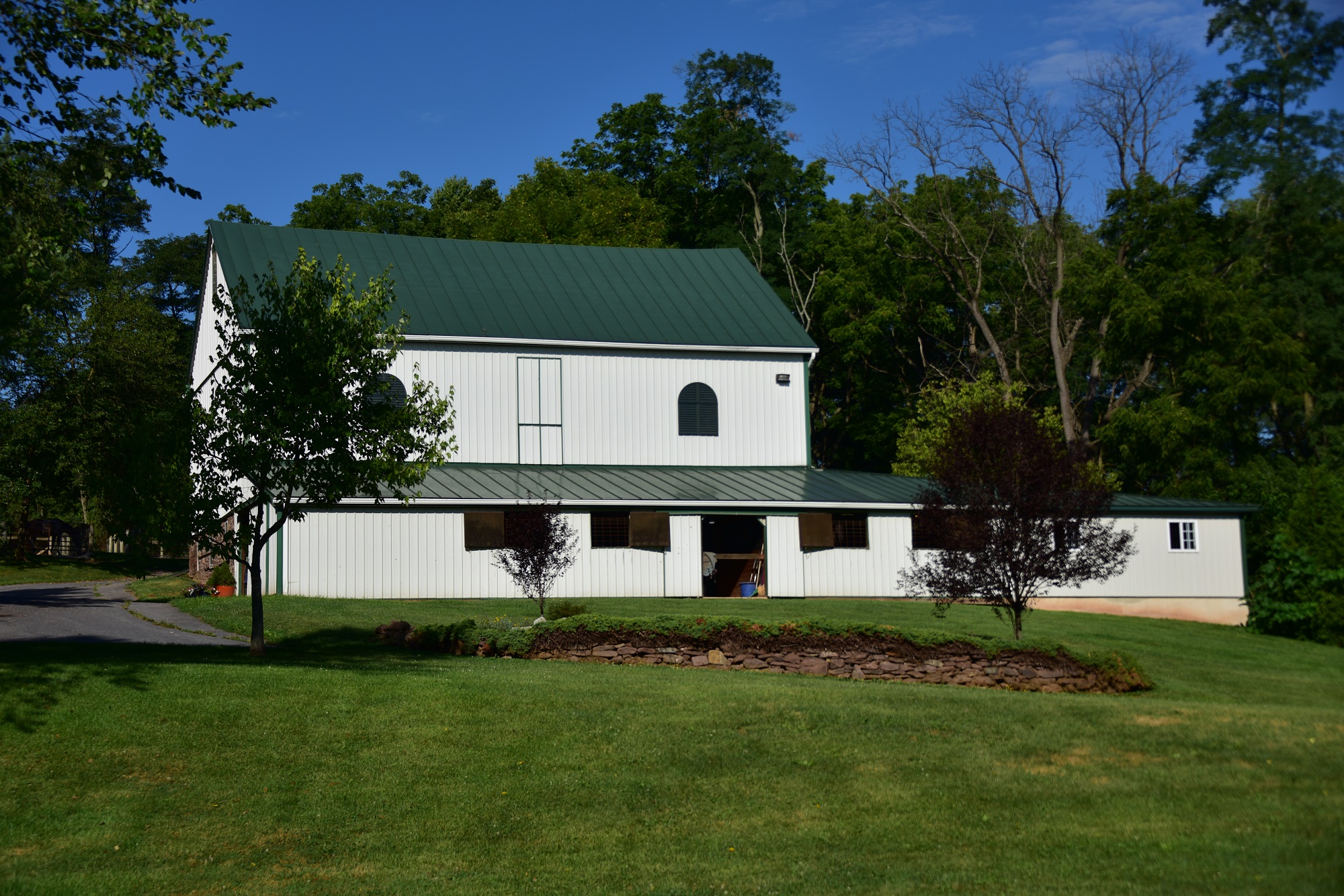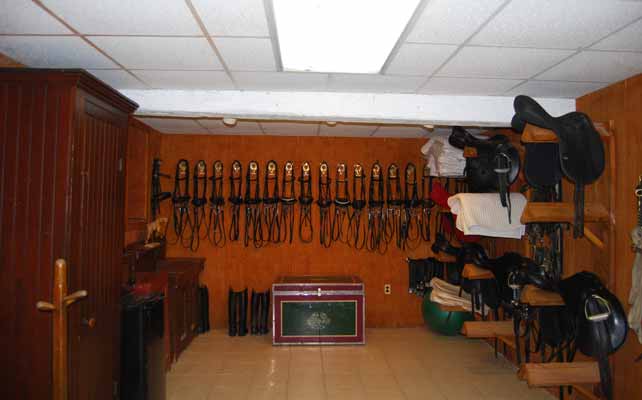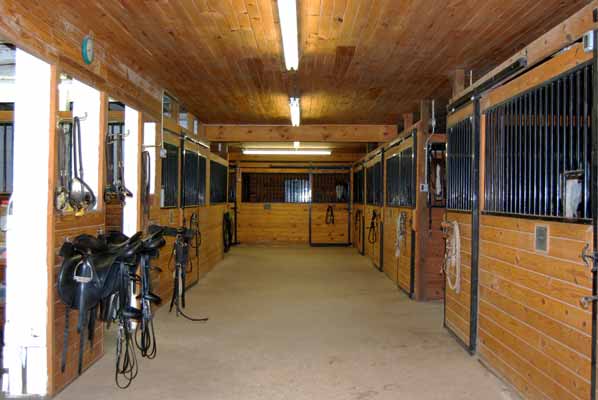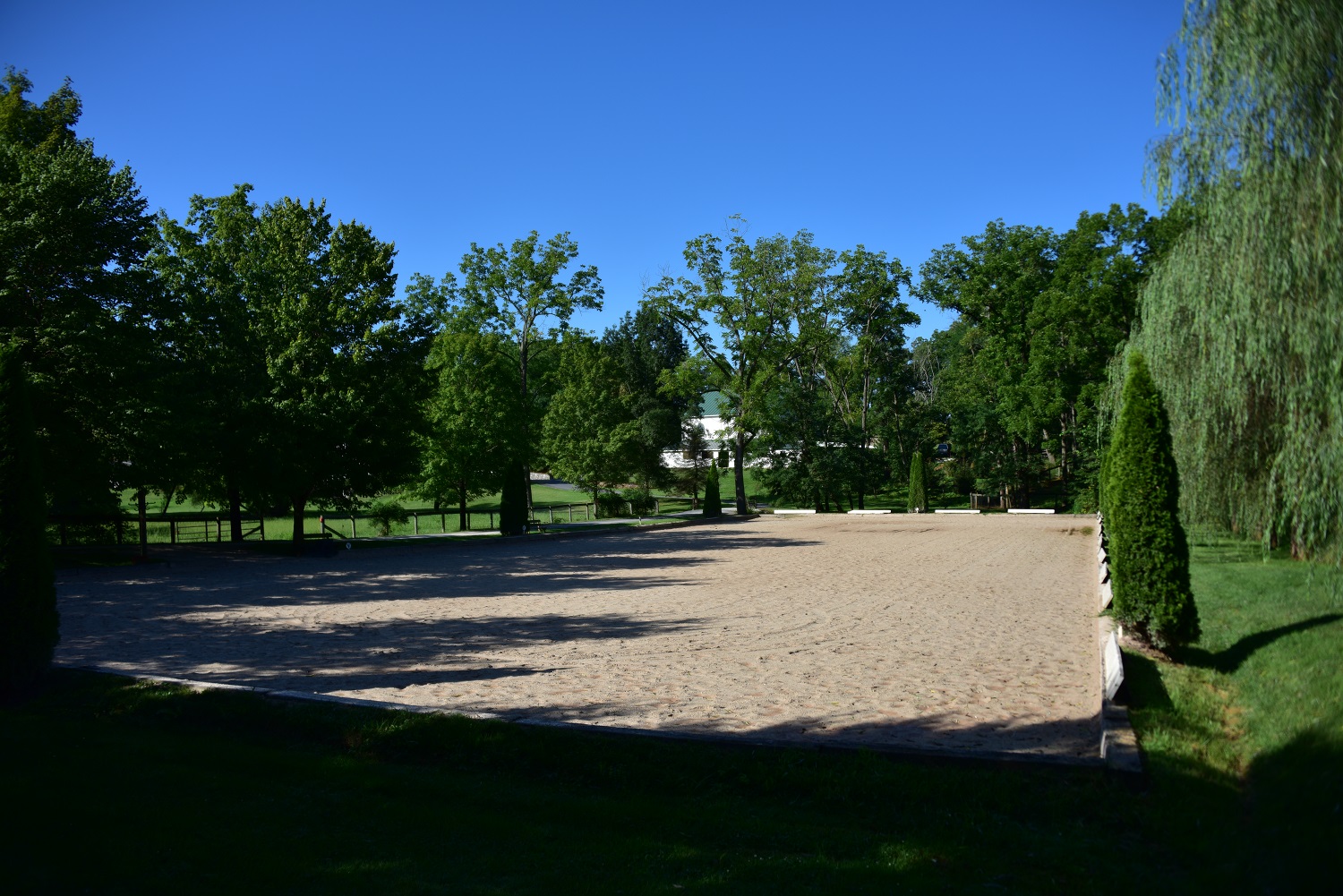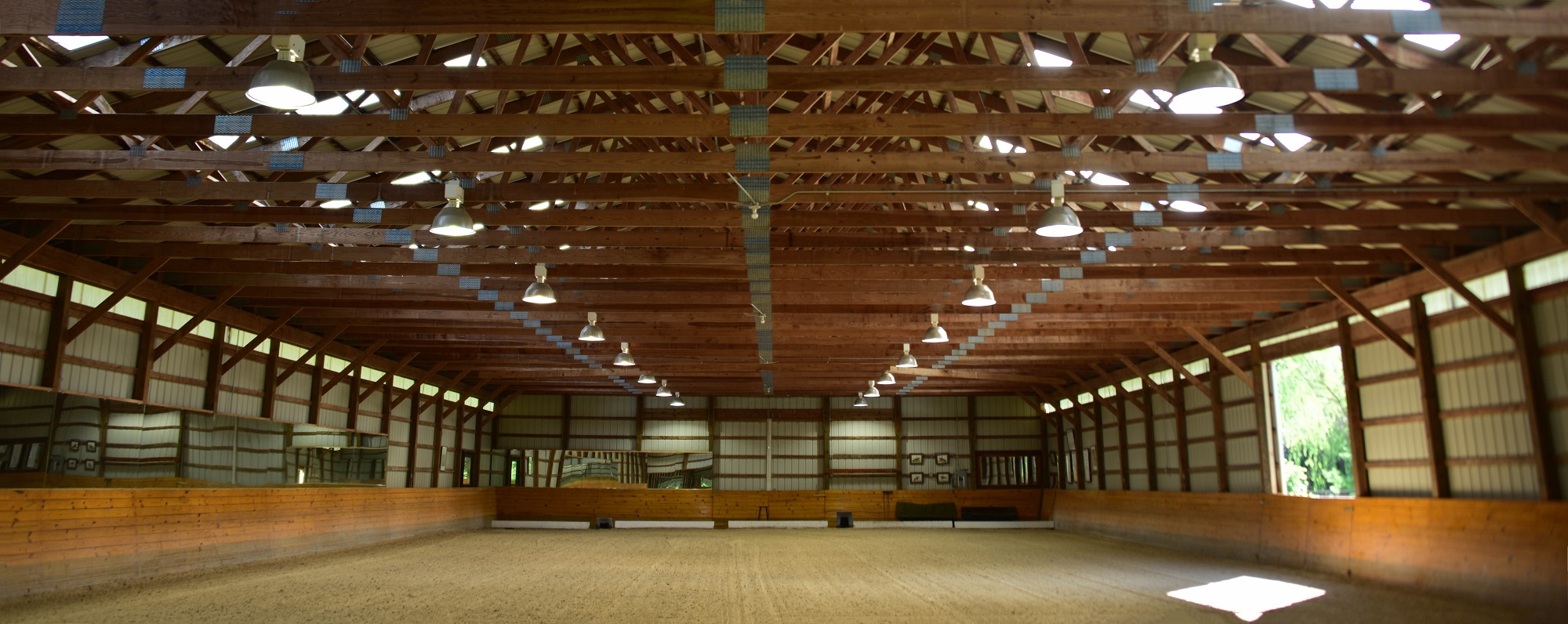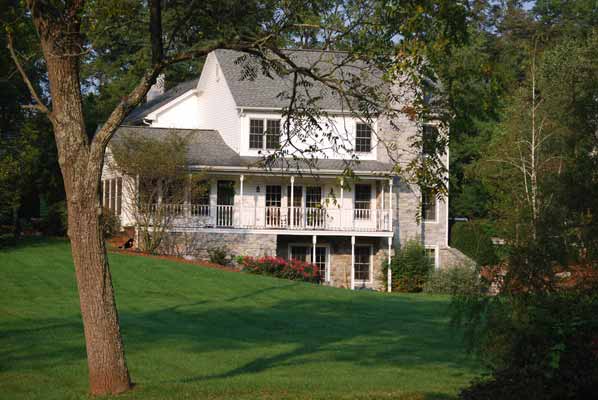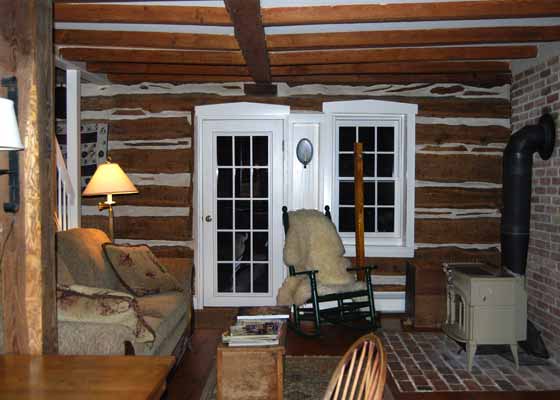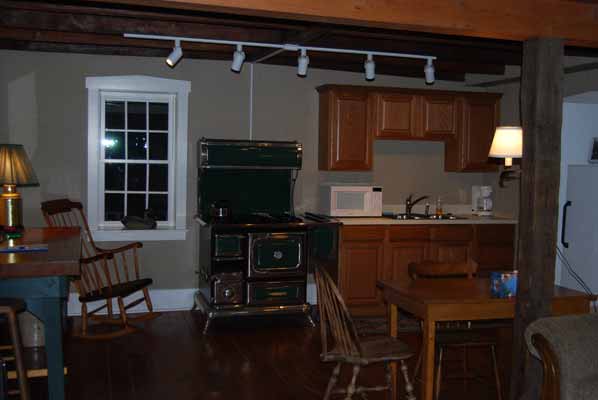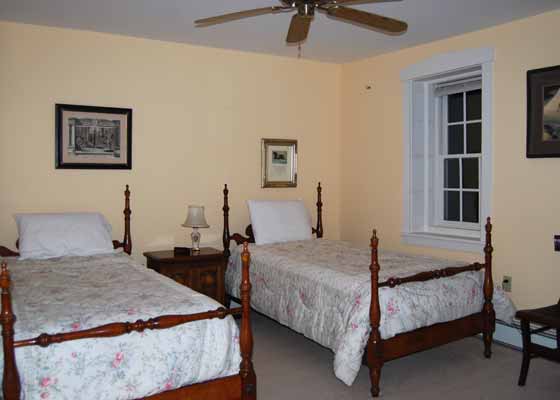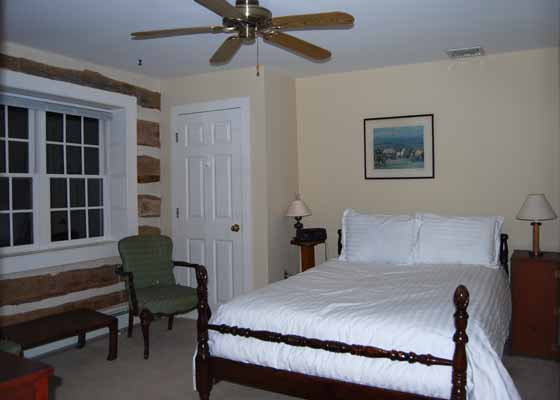Short Courses
Have you been to clinics where the instructor focused only on your horse and not on your position and aids? Do you feel your position puts a limit on your horse’s capability and level of performance? Come for a short course at the Pennsylvania Riding Academy to study the rider’s seat and learn how to ride correctly to unlock your horse’s potential. Spend the week improving your position and riding technique, while observing firsthand horses in training from green to Grand Prix.
Students worldwide have participated in the short course, which concentrate on the rider’s seat and position. Considered a leading authority on classical position, Paul Belasik has designed these short courses to be an intensive clinic focused on that area. The farm offers schoolmaster lessons, or students are welcome to bring their own horses to ride.
Short courses are designed as intensives on position. Although they are not limited to advanced riders, they are designed for serious amateurs and professionals who ride regularly and have a certain level of fitness. We recommend that all participants be within the normal range of the Body Mass Index. While we want to encourage riders of all levels, this preliminary consideration can help make the experience most positive for participants, horses and staff.
Thanks to the overwhelming response we have received regarding these courses, dates usually book several months in advance.
Students typically arrive after 3pm on a Monday afternoon. Tuesday, Wednesday and Fridays are full work days, with horses being trained as well as lessons. Thursdays are usually half days, with lessons being taught only in the morning. Students are encouraged to visit the many local historic sights such as the National Civil War Museum, Gettysburg, and the State Capital in Harrisburg, PA on Thursday afternoons. Students have the option of departing either Friday after work or Saturday morning before 11am.
A basic daily schedule for Tuesdays, Wednesdays, and Fridays are as follows: Work starts around 9 am with horses in training. There are usually about 8-10 horses in training, from three year olds just being started, to Grand Prix. Students are encouraged to take notes as each horse’s case history and training objectives will be discussed, and the students may observe and evaluate the week’s progress with each horse. Responsible questions and discussions are important to us and are highly encouraged. Riding lessons begin in the afternoon after a break for lunch, and include both the short course lessons and well as any day students that may be riding either one of our school horses, or shipping in their own. Short course students are welcome to audit any and all lessons.
“Dear Rider,
The short courses are part of a continually evolving program of riding education, which began over 30 years ago. Then I started a riding intensive that lasted twelve weeks at Mountain School in Adirondack Mountains in northern New York. It was based on some of the principles of the now-famous Outward Bound school, and different than the regular day to day teaching of the local riders.
To this day, all the different programs have had the element of a “retreat” in them, where busy people to get a chance for some contemplative action. It is no mystery that there is am important psychological aspect woven their design. Years and years of thought and experiment with Eastern and Western meditative traditions have gone into the details of what might seem to some people as a simple riding camp. In what is often a dramatic break from a rider’s normal busy routine, there is hopefully an opening, in this slowing down, which presents an opportunity for new and important insights, both mentally and physically.
So although we have internet access and television in the guest accommodations, sightseeing brochures and restaurant guides, the intent is to break routines, not to provide equipment so the participant can seamlessly integrate the observations and lessons into uninterrupted business and family communications, or daily habits.
I decided a long time ago to invite people to see the training of horses with no exceptions. No private hours of “corrective” training, no secret methods, to let people see it all. In this immersion style, it is important to take advantage of the time for questions. I make myself available between every session to answer questions and explain the work. The risk is, without dialogue and clarifications, nuances can be missed, and an observer can self-describe and validate. I take this risk because I feel that any serious participant will appreciate this transparency and it will foster and guarantee a mutual trust.
I have a strong relationship to the horses that the students ride. The horses and people here are like any faculty. We have trained these horses and continue to train them in between student rides. I see many riders ride them. I am intensely reliant on these horses’ feedback, it is often their reactions to the riders that determines what I concentrate on in the short course. They are not here as vehicles to test drive upper level movements. They are part of the respected staff, and they evaluate and help teach position. As von Neindorff said, “the seat is the alpha and omega of riding.”
-Paul Belasik
Short courses are a flat fee of $1,400 USD. This price covers the student’s daily lesson on one of the farm’s school horses and daily auditing of all training and lessons. It also includes the student’s accommodations on site at the Pennsylvania Riding Academy, Monday night through Friday night. The apartment is appointed with all linens, towels and kitchen items but students are responsible for providing their own food and provisions. If students wish to bring their own horses, stalls are available on the farm, and include daily individual turnout, hay, and basic daily care.
Courses are filled on a first-come basis. A $400 deposit is required to reserve a short course and is due as soon as dates are agreed upon; the course is not considered confirmed until the deposit is received. This deposit is nonrefundable, but if slot can be filled from our wait list, we will transfer the deposit to a later short course up to one year from the date the deposit was made.
To Apply for a Short Course:
1) Please fill out the online application.
2) If accepted, you will receive a reply with available dates.
3) To confirm the course, please print and complete a release form and mail, along with deposit, to:
Pennsylvania Riding Academy
Attn: Short Course
281 Lost Hollow Road
Dillsburg, PA 17019-9759
“The Pennsylvania Riding Academy short course has been an invaluable resource in the development and sophistication of my seat and position. The intensive, four-day format of the short course allows time for a deeper analysis into the art of riding and the classical seat. This has helped me to achieve a more correct form which I have been able to use when riding my own horses. Additionally, the Academy’s highly trained horses offer me opportunity to experience the feel of correct aids and upper level movements, advancing my skill and technique. I feel the short course is akin to longeing the young horse; aiding in the shaping and strengthening of the student’s position while building on the historical theory, preparing the student for a lifetime of work in the classical school. “
-Kathy Mason Maechtle (Pennsylvania Riding Academy student since March 2004)

